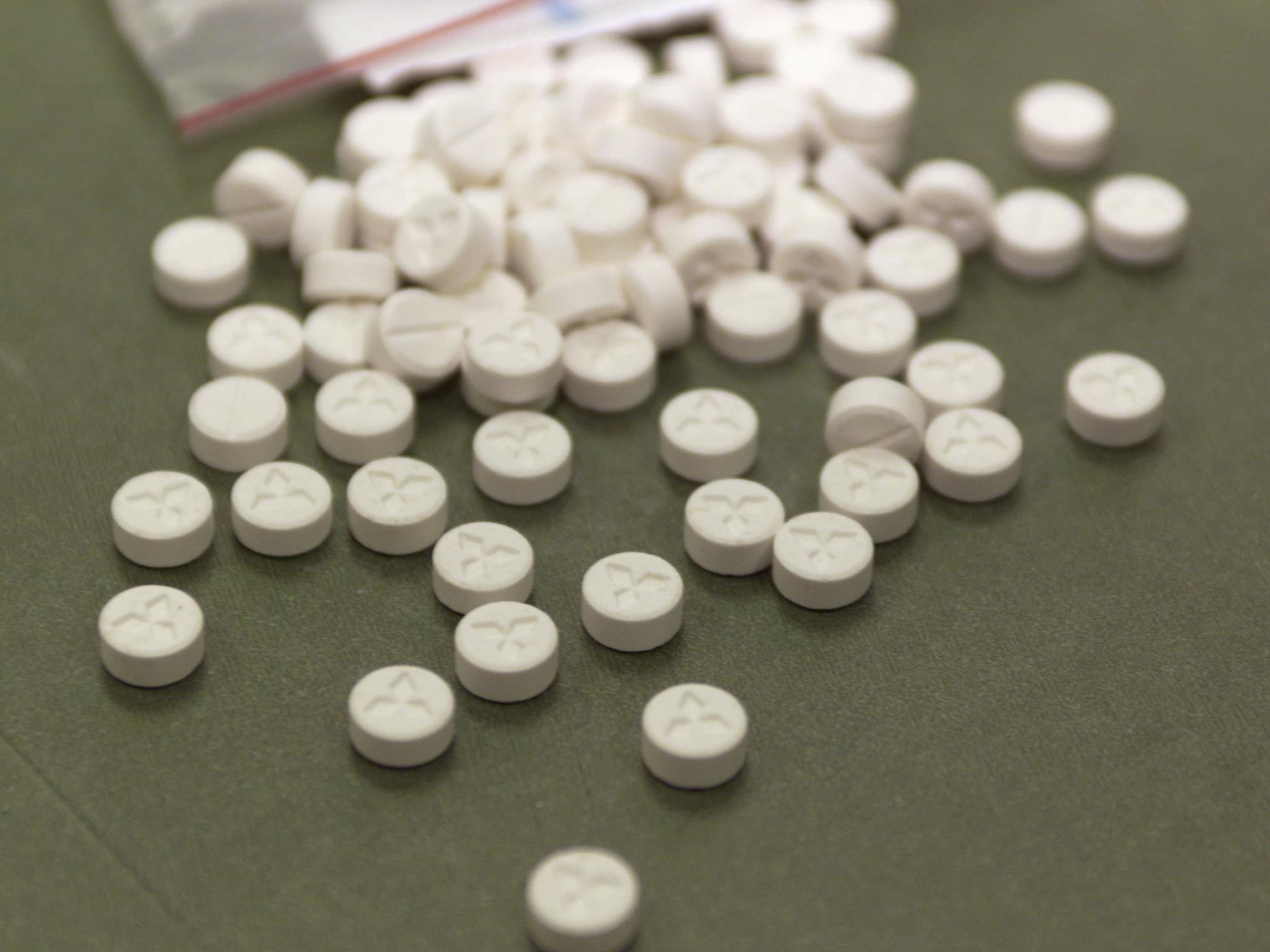Why ecstasy may soon be used as a PTSD treatment in the US
MDMA has been approved by the Food and Drug Administration for use in large-scale clinical trials

Your support helps us to tell the story
From reproductive rights to climate change to Big Tech, The Independent is on the ground when the story is developing. Whether it's investigating the financials of Elon Musk's pro-Trump PAC or producing our latest documentary, 'The A Word', which shines a light on the American women fighting for reproductive rights, we know how important it is to parse out the facts from the messaging.
At such a critical moment in US history, we need reporters on the ground. Your donation allows us to keep sending journalists to speak to both sides of the story.
The Independent is trusted by Americans across the entire political spectrum. And unlike many other quality news outlets, we choose not to lock Americans out of our reporting and analysis with paywalls. We believe quality journalism should be available to everyone, paid for by those who can afford it.
Your support makes all the difference.Ecstasy could soon become available on prescription in the US as a major trial into the use of the drug as a treatment for post-traumatic stress disorder (PTSD) enters its final stage.
Army veterans who took part in previous phases of the trial have said MDMA, the active substance in ecstasy tablets, helped alleviate their PTSD symptoms.
Following positive results, the US Food and Drug Administration last month approved the use of MDMA in large-scale clinical trials – the third and last stage before it can be submitted for approval as a prescription drug.
Former soldier Tony Macie told US military newspaper Stars and Stripes the treatment had helped him process trauma he had experienced when serving in Iraq in 2007.
The Army Specialist developed PTSD after an Iraqi interpreter who he had told to wait for another vehicle to pick him up was killed in an explosion.
On his return home, the 29-year-old said he found himself constantly on edge, as if braced for an attack, and felt anxious, depressed and had trouble sleeping.
“My brain wasn’t able to shut off. It was going a million miles a minute. You need it on a deployment. But it’s not normal at home,” he said.
Mr Macie used alcohol and painkillers to numb these feelings, and was prescribed antidepressants and a course of therapy, but his condition proved resistant.
The second phase of clinical trials started in 2000 and in 2010 began to include army veterans including Mr Macie.
Patients were given three eight hour sessions of psychotherapy under the influence of MDMA.
Mr Macie told the newspaper he had been able to face his most deep-seated traumas during the treatment and “didn’t need more than one dose” as his symptoms improved after the first session.
A year after therapy was completed, two-thirds of the second phase’s more than 100 participants, of which around a third were veterans, were found not to meet the criteria for PTSD.
Phase three of the research will involve at least 230 patients, according to the New York Times.
Like previous studies, it will be sponsored by the non-profit Multidisciplinary Association for Psychedelic Studies, which has advocated the medical use of a number of illegal drugs since 1985.
The organisation has applied for breakthrough therapy status, which if approved could see the drug prescribed by therapists as soon as 2021, reported the newspaper.
Another soldier called C J Hardin told the New York Times taking part in the trial in 2013 had changed his life.
“It allowed me to see my trauma without fear or hesitation and finally process things and move forward,” he said. "It changed my life."
However, some scientists have expressed concern about the potential misuse of the drug if it becomes a prescription medicine.
Andrew Parrott, a psychologist at Swansea University, said the trial “sends the message that this drug will help you solve your problems, when often it just creates problems”.
“This is a messy drug we know can do damage,” he told the newspaper.
MDMA, short for methylenedioxmethamphetamine, was first patented in the early 20th century by German pharmaceutical company E Merck.
Psychiatrists began using MDMA as a treatment in the 1970s, and it soon began to be sold as a party drug commonly known as ecstasy.
The drug, which releases a flood of hormones in the user’s brain and provokes powerful feelings of happiness and empathy, was made illegal in the US in 1985 and in the UK in 1977.
Restrictions on the use of illegal drugs in medical settings have so far prohibited similar trials into the medical use of MDMA in the UK, but British psychiatrist Ben Sessa hopes to launch two MDMA studies funded by Maps next year, reported The Guardian..
Join our commenting forum
Join thought-provoking conversations, follow other Independent readers and see their replies
Comments